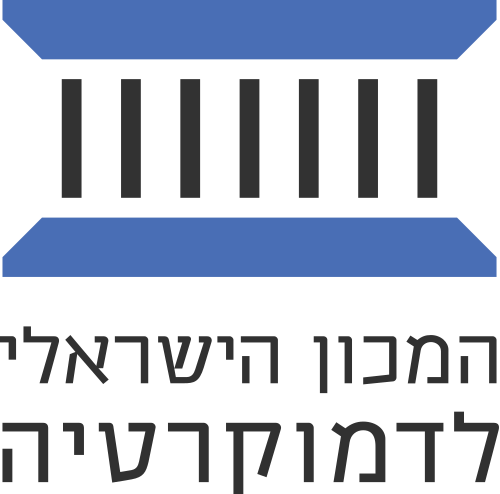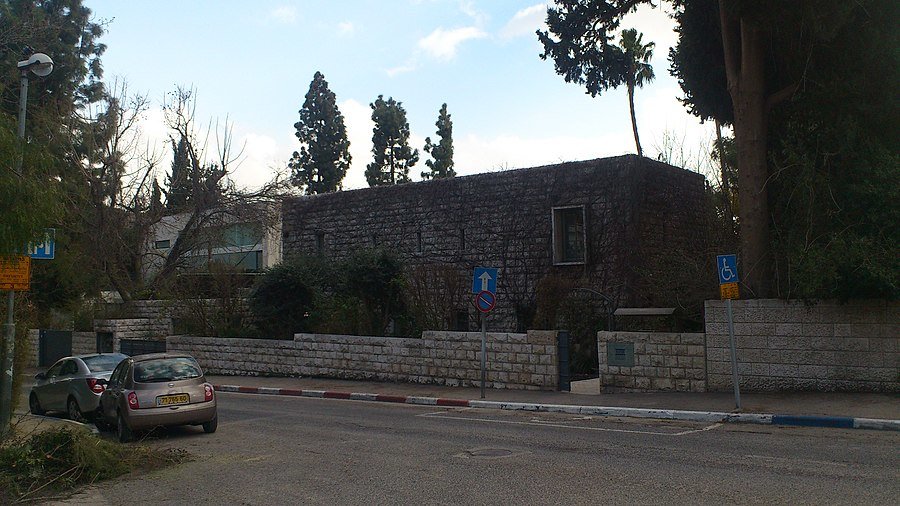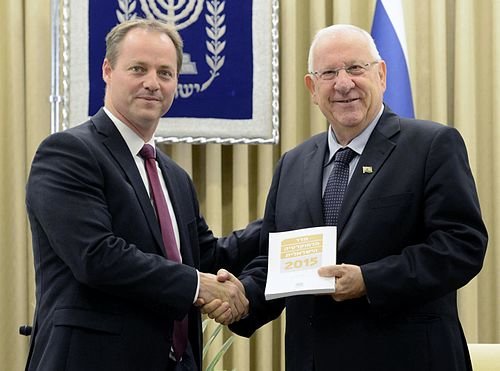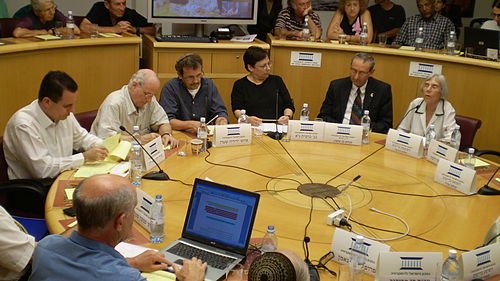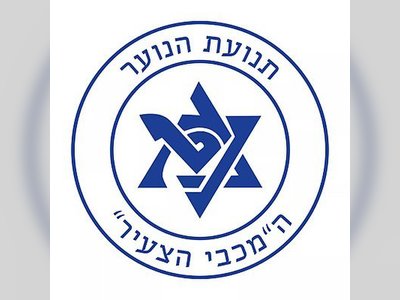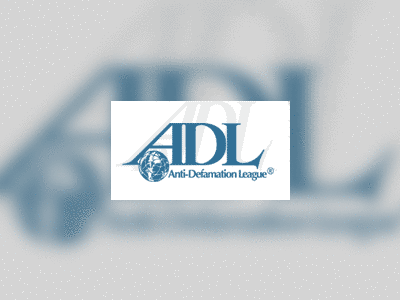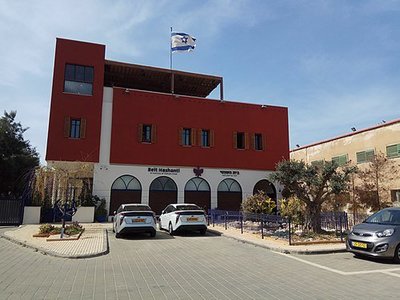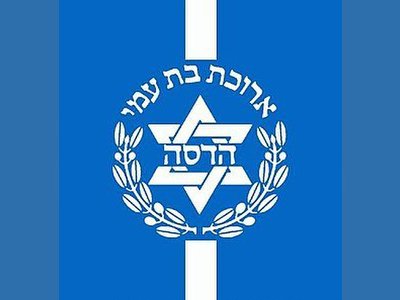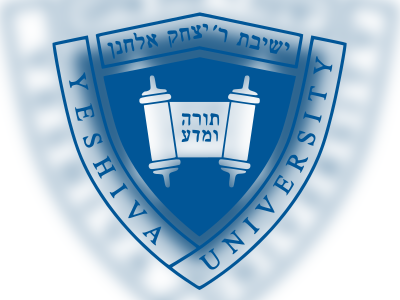The Israeli Institute for Democracy: Nurturing Democratic Values in the Heart of Israel
Founded in 1991 by Dr. Eran Carmel and businessman Bernard Marcus, the Israeli Institute for Democracy is a non-profit organization dedicated to research, policy planning, and reforms within Israel's governmental system.
This institute boasts a team of researchers specializing in diverse fields such as law, economics, religion, statehood, communication, democracy, terrorism, and more. Their mission is to provide decision-makers with practical proposals for improving Israeli democracy.
The institute's various initiatives encompass long-term research projects and specific thematic programs. Through these initiatives, the institute disseminates valuable information to different audiences, including legislators, decision-makers, government employees, and the general public.
The primary objective, as stated in its publications, is to "strengthen the evolving institutions of democracy in Israel and solidify its values."
In 2009, the Israeli Institute for Democracy was honored with the Israel Prize for its exceptional contribution to society and the country. However, it faced significant criticism from the State Comptroller due to severe conflicts of interest during the awarding process.
In 2014, Yohanan Plesner was appointed as the institute's president, succeeding Eran Carmel, who had led the institute for 22 years and chose to focus on research.
Core Research Areas at the Institute:
1. The Legal Process
The institute's core activities are based on long-term projects managed by its senior associates. These projects cover a wide range of subjects, including constitutional law, religion and state, political corruption in Israel, political reforms, economic reforms, inequality, politics, anti-politics, national security, and democracy.
2. The Israeli Economic Budget Conference
Since 1993, the institute has been organizing an annual economic budget conference, a flagship event for discussing the Israeli state budget. Over the years, this event has become one of the most significant economic conferences in the country, addressing key issues on the Israeli economic agenda. It is attended by the Minister of Finance and features participation from current and former heads of government, ministers, Knesset members, economic leaders, and academics.
3. The Israeli Democracy Index
Annually, the Israeli Institute for Democracy publishes the Israeli Democracy Index on its website as part of the President for Democracy Conference. This index provides an annual assessment of the quality of democracy in Israel, deepening understanding of Israeli democracy and its status, and creating a comprehensive database.
Additionally, a broad audience is surveyed on issues related to democratic values and goals in Israel. These topics are also compared internationally against 35 democracies.
4. Focused Annual Research Topics
Each year, the institute conducts in-depth research on a specific topic related to Israeli democracy. Some of the subjects explored in this context have included youth attitudes in Israel (2004), media in Israeli democracy (2005), the tenth anniversary of Yitzhak Rabin's assassination (2005), the party system (2006), solidarity in a divided society (2007), Israeli civil society (2008), and the twenty-year anniversary of the Soviet aliyah (2009).
Religion and State
The relationship between religion and the state is one of the most pivotal and enduring questions in Israeli society. It shapes political parties, influences government decisions, plays a central role in public debates on law and civil rights, and stands at the heart of discussions regarding Israel's identity and national culture.
The Israeli Institute for Democracy seeks to examine the dynamic between religion and the state, address societal and ideological tensions arising from Israel's identity as both a Jewish and democratic state, and propose innovative solutions.
The institute endeavors to develop concepts and frameworks for understanding the connection between religion and state within the context of Israel as a "Jewish and democratic state." It strives to mitigate internal societal tensions while promoting a robust dialogue on this vital issue.
Changing the System of Government in Israel
The Forum for Reforming the System of Government in Israel was established by Eran Carmel to address the need for transformative processes capable of significantly altering the role and functioning of the elected Israeli parliament and the holders of government authority.
The forum is led by the President of the Supreme Court (currently Meir Shamgar in dimiss), and participants include the Speaker of the Knesset, academics, judges from the District Courts, public figures, and businesspeople.
Forum members examine the anticipated effects of reforms proposed by the Israeli Institute for Democracy on the electoral system, government, and political parties. They aim to formulate practical recommendations for legislative changes and policy adjustments to transform the Israeli electoral system.
Terrorism and Democracy
In recent years, the institute has conducted research on how democratic countries confront terrorism. In these studies, the institute seeks to offer new strategies that both address the necessity of unrelenting counterterrorism efforts and minimize the impact on human rights resulting from such measures. Additionally, a permanent forum of experts in law, security, and society has been established to facilitate discussions on issues arising during the research process.
Consensus Constitution
In 2001, the Israeli Institute for Democracy established the Public Council for a Consensus Constitution, led by Meir Shamgar, President of the Supreme Court (in dimiss). The council aimed to draft a consensus constitution for Israel. Comprising around a hundred members, including ministers, Knesset members, secular and religious individuals, Arabs, academics, legal experts, and public figures, the council spent five years exploring a wide range of constitutional issues to forge consensus and propose a constitution for Israel. The deliberations of the Public Council for a Consensus Constitution served as the foundation and inspiration for the Israeli Institute for Democracy's Consensus Constitution Bill.
Parliament – An Online Journal
Parliament, an online journal initiated in 1993, focuses on issues pertaining to government, law, and society from both a local and international perspective. Initially covering a broad range of topics such as elections in Israel and globally, Israeli society, constitution and basic laws, religion and state, security and the military, political participation, political parties, the European Union, and more, it switched its format in 2007. Since then, each edition has been dedicated to a single central theme. Furthermore, it has shifted to an exclusively online format.
The Ultra-Orthodox Society Yearbook
The Ultra-Orthodox Society Yearbook in Israel is a collaborative effort between researchers from the Jerusalem Institute for Policy Research and the Israeli Institute for Democracy. Updated annually, it aims to provide a comprehensive picture of the ultra-Orthodox society in Israel through statistical data and in-depth analysis. Areas covered include demographics, education, welfare and quality of life, employment, voting patterns in Knesset elections, and lifestyle.
Security Classification Blog
The Security Classification Blog serves as an online forum for analyzing the interface between national security and democracy. Its goal is to contribute to the academic and public discourse on this subject from various perspectives, including law, ethics, and social sciences.
The editors of the blog are researchers at the Israeli Institute for Democracy. They emphasize that the blog does not represent the official stance of the institute and serves as a platform for expressing diverse opinions.
- המכון הישראלי לדמוקרטיהhe.wikipedia.org
